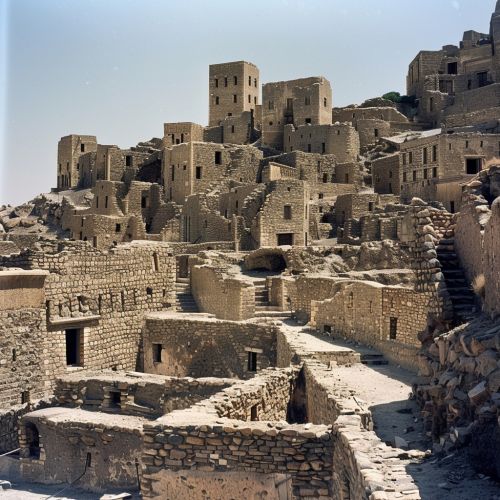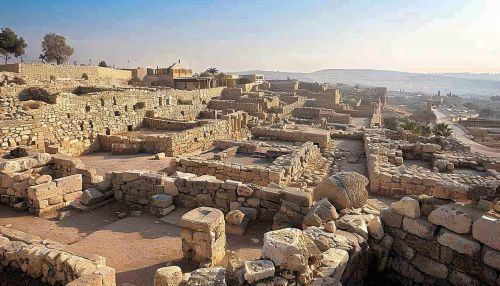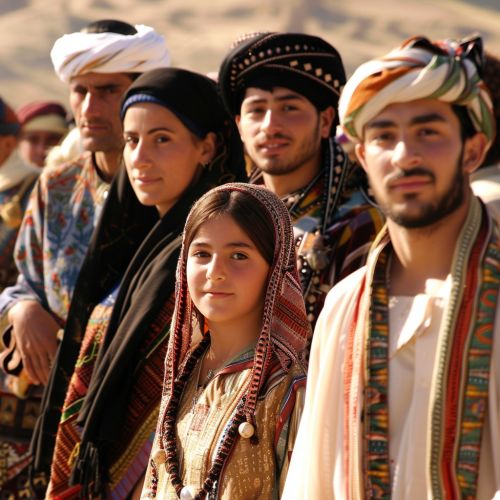Assyrians
Origins and Early History
The Assyrians are an ethnic group whose origins lie in the ancient Near East. They trace their roots back to the city of Assur, which was the capital of the ancient Assyrian Empire. The Assyrians are one of the oldest civilizations in the world, with a history that spans over 5,000 years. They have a rich cultural heritage, including a unique language, religion, and traditions.


The Assyrian Empire, which existed from the 25th century BC to the 7th century BC, was one of the most powerful empires of the ancient world. It was known for its military prowess, advanced technology, and sophisticated culture. The empire covered a vast territory that included parts of present-day Iraq, Syria, Iran, and Turkey.
Language and Literature
The Assyrians spoke and wrote in Akkadian, a Semitic language that was widely used in the ancient Near East. They also used a script known as cuneiform, which was one of the earliest forms of writing. The Assyrians were renowned for their literature, which included epic poetry, legal texts, and scientific treatises.
Religion
The Assyrians practiced a polytheistic religion that worshipped a pantheon of gods and goddesses. The chief deity was Ashur, the god of war and the patron god of the city of Assur. Other important deities included Ishtar, the goddess of love and war, and Enlil, the god of the wind.
Society and Culture
Assyrian society was highly stratified, with a ruling class of nobles and priests, a middle class of merchants and artisans, and a lower class of peasants and slaves. The Assyrians were known for their art and architecture, which included grand palaces, temples, and ziggurats. They were also skilled in various crafts, such as metalworking, pottery, and weaving.
Decline and Fall
The Assyrian Empire began to decline in the 7th century BC, due to a combination of internal strife, economic difficulties, and external threats. The empire was finally destroyed in 612 BC, when its capital, Nineveh, was sacked by a coalition of enemies. However, the Assyrian people survived and continued to maintain their culture and identity.
Modern Assyrians
Today, the Assyrians are a minority group in the Middle East, with significant populations in Iraq, Syria, Iran, and Turkey. They have faced persecution and displacement in recent years, but they continue to preserve their ancient culture and traditions.


